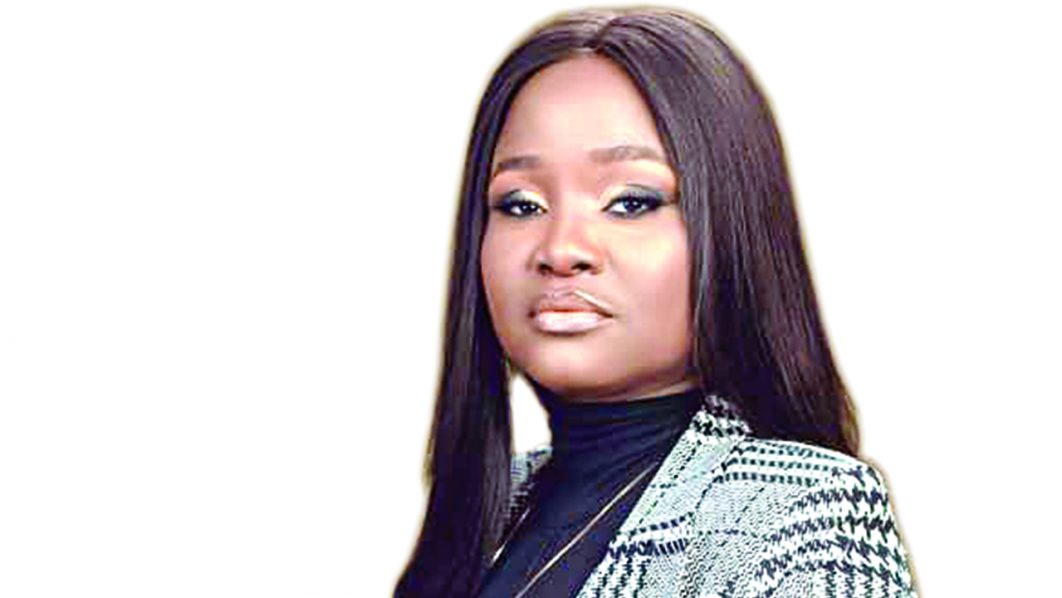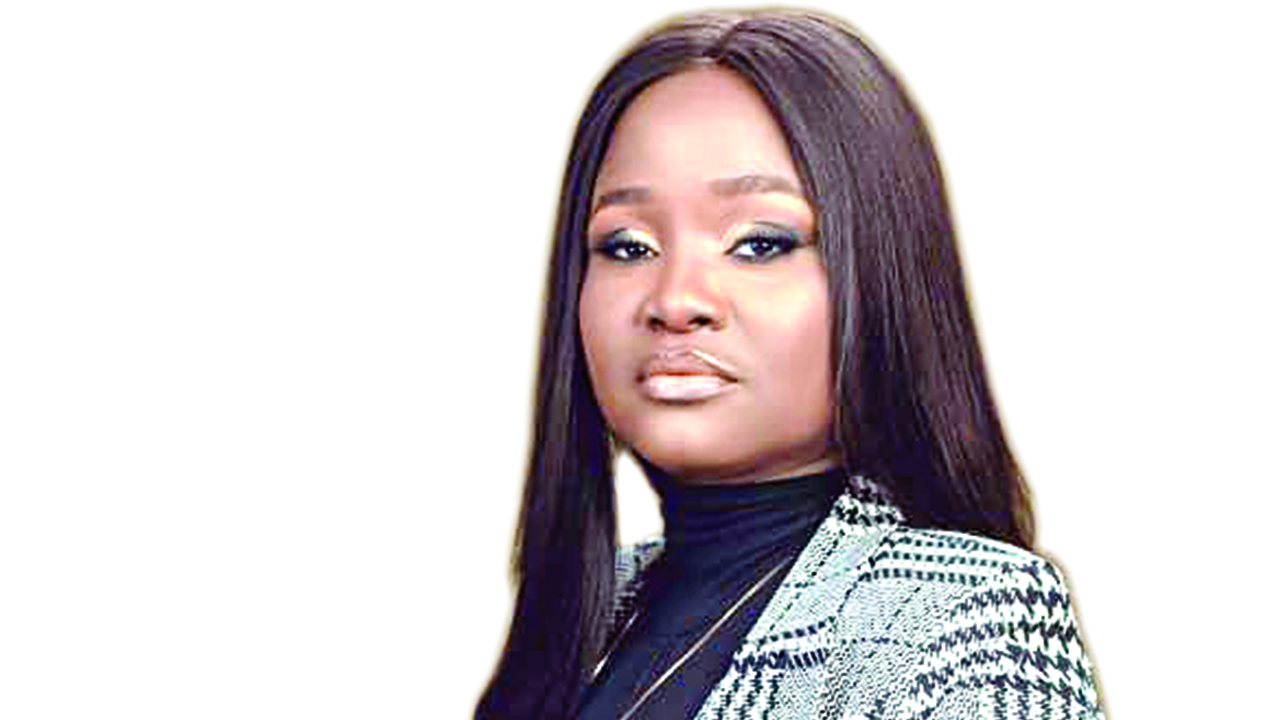
What was your motivation for creating Sycamore.NG?
I was at a pivotal point in my life and I wanted something different from my then 9-5 job. I left my job and went to Lagos Business School for an MBA. While I was there, I met my current business partners and since we were doing the full-time programme, we were all out of work at the time. There were similarities that attracted us to one another, we have a knack for business problem solving and a healthy appetite for risk.
[ad]
I figured we still had the presence of mind and vigor to start and grow a business from scratch to compete in this fragmented market. We agreed to start Sycamore.NG over tea at the LBS cafeteria, after an interesting case study on a similar company and much deliberation. In March 2019, we kicked off business operations while I was abroad for my exchange semester, which was rather convenient because our business was basically online.
Sycamore.NG is an online peer-to-peer lending platform that aggregates lenders and borrowers to exchange monetary value. The lenders who can be individuals or organizations, make a competitive interest on their investment and the borrowers have quick access to funds at competitive rates too.
What role do you think companies like yours can play in the finance industry, especially now when it seems Nigerian banks are unable to satisfy increasing customer demands?
Companies like mine have an opportunity to redefine what it means to be a financial service provider in Nigeria. We’re also positioning as the convenient online option not just to invest and borrow but to also learn as we have bite-sized educational vlogs on YouTube (Sycamore NG), where we share the inner workings of financial services and things people need to know. In doing so, we are empowering our audience to make informed financial decisions about their money, debt, and investment.
[ad]
Before Sycamore, you had worked with some popular fintech, what are three key things you learned?
First, the inherent power of maintaining good relationships, being present, and learning through different work experiences as there is always a positive take away from all experiences, some of which have become my frame of reference today, and finally, how to grow a lean business; this gives me the confidence in the future of Sycamore.
People say what differentiates the rich from the poor is the decisions they make with their money. What are some key money decisions people should be making, especially now?
People should start to invest and not just save for the rainy day; invest in what they understand and can explain if asked. With these rampant quick rich schemes, my advice is to do some due diligence. Find out if you have any forms of recourse if something happens, find out if they have a physical presence, check out what people are saying about them online, research the people behind the business.
There are many legitimate businesses with sustainable business operations and seasoned professionals making the decisions that can put money in your pocket every month. Do your research and make informed investments with your money.
[ad]
Do you think Fintech solutions can offer more options and close the poverty gap in Nigeria?
Yes, I believe Fintech solutions can do more to close the poverty gap and we are currently contributing by targeting the underbanked road transport workers, market women, and other retail services by providing them with access to funds offline, to extend their working capital, increase operations and profit.
Considering that young people make up about 60 per cent of our population and many other countries in Africa, it is no secret that Gen Z and below is an important demographic. In your opinion, how can we get them to become better money managers?
Gen Z is indeed a very important demographic; they are very unique because they are not playing according to the rules we are used to. They are more social, open-minded, and tech-savvy. Therefore, we have to reach them on their turf, the virtual world. Educating them while entertaining them via social platforms. I believe money is a very emotional tool, so playing up good emotions in these skits would be a great way to imbibe a good attitude to money.
Tell us more about Hand of Love, what kind of results are you hoping to achieve through the initiative?
Hand of Love is barely a year old and it is a channel through which I contribute to tackling food insecurity in my immediate community. It is also an avenue through which I channel monies to small businesses around me, especially women-owned, patronizing them to supply food and water to participants. Today, there are about 100 people who are fed by Hand of Love weekly. My expectation is to inspire others to take on the mantle and help the people in their immediate communities. I personally believe that anyone can make a difference if only we can find the courage.
[ad]
A UNICEF report revealed that about 44 per cent of girls in Nigeria are married before their 18th birthday, what do you think should be done to empower the girl child?
There is no easy way to fight the systemic rot called child marriage. If we allow a young girl to get married before 18, she loses out on so much. If she finishes school, that education can open better choices for her to become economically empowered and give her and her family a shot at living above the poverty line. If she chooses to get married beyond age 18, she would have matured enough to beat the risk of VVF and infant mortality. It is important for young girls to have an equal opportunity to be educated and become mature for marriage.
Tell us about a major challenge or setback you’ve experienced in your career journey?
I believe that life experiences, especially the not-very pleasant ones, have a way of strengthening people and their resolve to step up and be more. I experienced a personal life-resetting setback, which grounded me to a halt. I left my job and went back to school. This was the foundational decision that launched Sycamore for me. In hindsight, I am grateful for the hard experiences because they showed me how much stronger I really am.
What does entrepreneurship mean to you? In this Women’s month, what do you think needs to be done for better representation of women in high-impact leadership positions?
I really like the phrase ‘high-impact because it speaks to top performance and visibility. I believe strongly that women can be whatever they choose to be. However, we need to be responsible for our actions or inactions. For better representation, more women must be brave and consistent with their work. Ensure to use your social media platforms to toot your own horn. As women, we should be brave enough to take bigger roles in our careers and bigger projects in businesses and collaborate where necessary.
[ad]
However, before this bravery comes preparation. Take those masterclasses, learn from your mentor, read books that broaden your mental horizon, and leave your mind open and welcoming to new concepts. There is no mediocrity in the big leagues and I think it is rather insulting if things are handed to women for the sake of gender representation as opposed to merit. The women currently in top leadership positions have in different aspects of their lives sacrificed tremendously. We see and celebrate their industry today because of the work they consistently put in behind closed doors. Entrepreneurship is not all glamour, it comes with a fair share of hard work, sweat, and tears for everyone. Be prepared.
What would you say is your greatest strength that has benefited you in your career?
I have fantastic people skills and as you know, people are at the heart of every business.
What do you “Choose to Challenge” this year and why?
This year, I choose to challenge the socialisation of the thinking that women have or know their ‘place’. It is a perception that limits how truly multifaceted we are.
What is relaxation for you?
I dance to Latino music and spend quality time with my close circle.
[ad]



